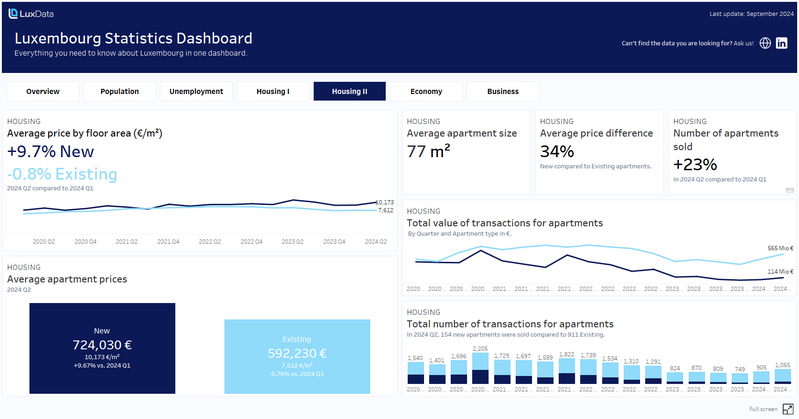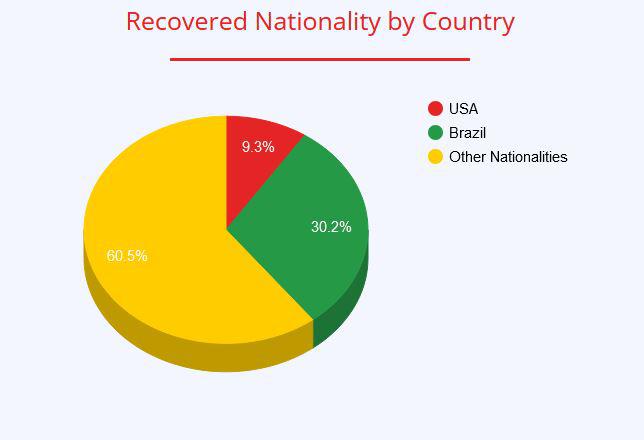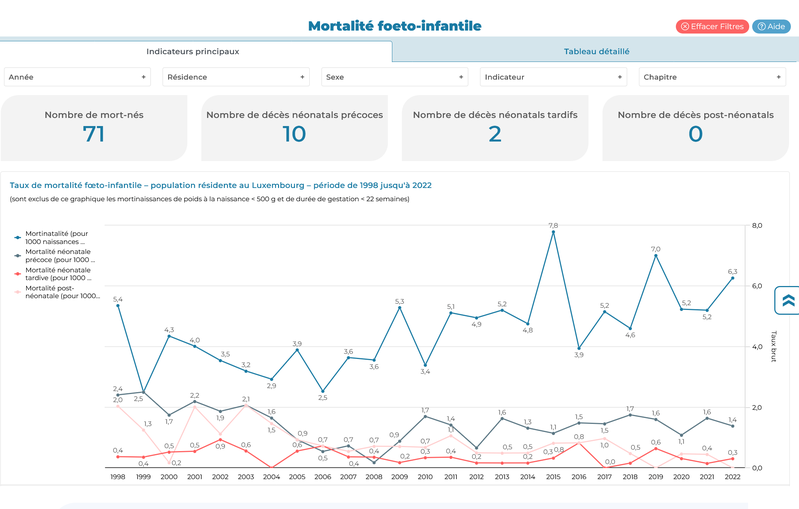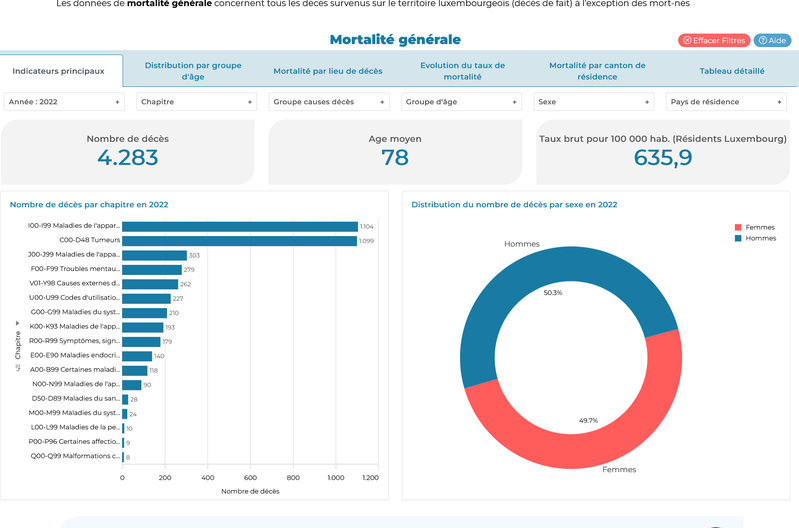
LOD to Anki
Publié le 23 février 2022

Bruno Pacheco
1 réutilisations
Informations
- Type
- Application
- Thématique
- Autres
- ID
- 6216b90941c7b57e8e73f657
Publication
Intégrer sur votre site
URL stable
Description
lod-anki
lod-anki is a command line tool that allows you to import data from the Luxembourger Dictionary Online (LOD) into Anki, a popular open-source flashcard program. With this library, you can create personalized flashcards from LOD dataset, enabling efficient learning and retention of information.
Features
- Import data from LOD.lu into Anki decks.
- Map
noun,verb,preposition,conjunction,adjective, andadverbto words dataset. - Export words into Anki flashcards.
Installation
Install the command line, running the following command.
npm i -g lod-anki
Usage
- Download and extract the file.
- Navigate to the root folder where the zip file was extracted.
- Prepare your deck file (see below).
- Run
lod-anki export <deckFile>.
Contributing
Contributions are welcome! If you find any issues or have suggestions for improvement, please open an issue or submit a pull request. Make sure to follow the existing code style and include appropriate tests.
License
This project is licensed under the GPL v3 License.
HOWTO
How to build a deck file?
The deck file is a JSON file, with the following schema:
- name: It is the name of the deck, shown in Anki. It will be concatenated with the language, to avoid duplicity, if you want to export multiple languages;
- fileName: It is the file name. It will be concatenated with the language, to avoid duplicity;
- flashcards: The collection of words in Luxembourgish you want to export;
- languages: The collection of languages you want to export to. The possible values are: ALL (German), EN (English), FR (French), and PO (Portuguese);
- types: The collection of word types you want to export.
lod-ankiwill filter the flashcards (or words), and export only the ones matching the types in this list. This field is optional.noun,verb,preposition,conjunction,adjective, andadverbare supported by this tool.
Below you can see an example:
{
"name": "Greeting in Luxembourgish",
"fileName": "greeting_in_luxembourgish",
"flashcards": [
"Äddi",
"Awar",
"Awuer",
"Bonjour",
"Moien"
],
"languages": [
"ALL",
"EN",
"FR",
"PO"
]
}
When building the deck, put the words in lowercase. But if it is a noun, capitalize the first character, as it is in Luxembourgish.
Jeux de données utilisés 0
Discussion entre le producteur et la communauté à propos de cette réutilisation.
Plus de réutilisations
Découvrez davantage de réutilisations.




